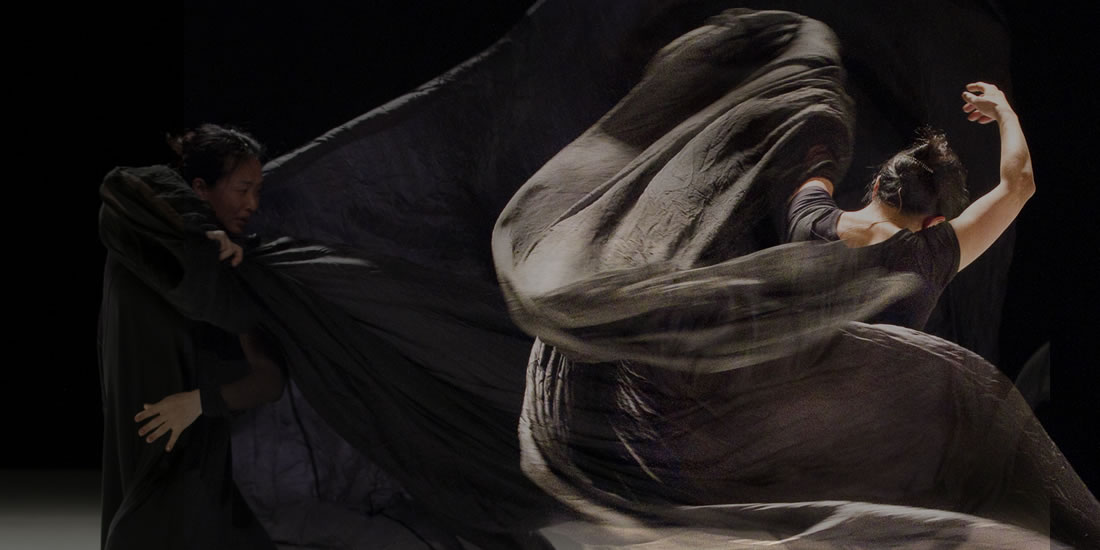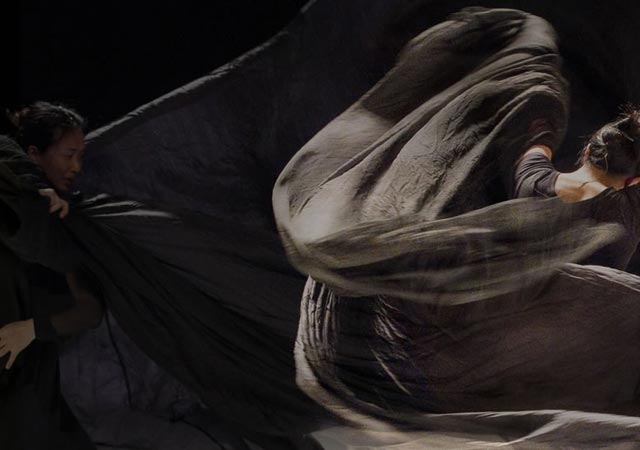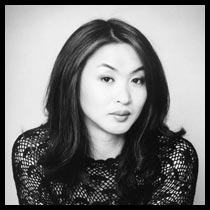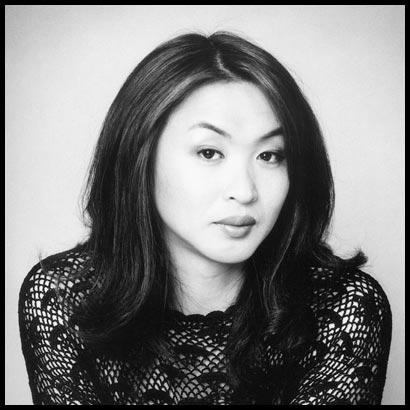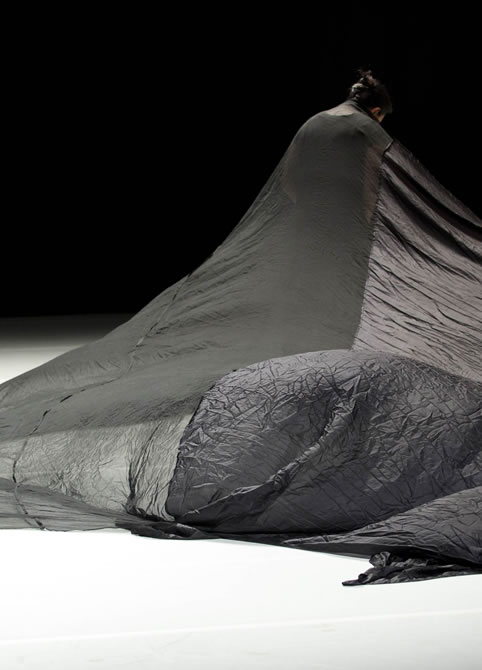The Mould
As part of Lane Crawford’s PLATFORM initiative to help grow and nurture tomorrow’s new talent, Lane Crawford sponsors the Asian Cultural Council’s 50th anniversary with two unique performances by the pioneering modern dancer and choreographer Jin Xing in her Hong Kong debut this October. Commanding the stage in The Closest, The Furthest, a solo first performed at the Venice Biennale, she will also recruit members of her dance company to perform the bewitching Space 9.
Mentor classes and additional in-depth discussions complete an inspiring program that details her amazing life and work.
As founder of China’s first private modern dance company, and as a star of the stage and small screen, Jin Xing has captivated audiences worldwide. Embodying success and oozing style and elegance, she has become an inspirational figure. But her life began very differently, as a boy. Aged nine, Jin Xing signed up for the military to receive rigorous dance training. At 19, she won a scholarship to New York, training under the legendary Martha Graham, but later returned home to undergo the country’s first gender reassignment operation, before becoming a wife, mother and national celebrity.
Why dance?
We never watched any kind of performance in the revolution, except propaganda movies, but even back then I thought that I would like to be on a stage. I wanted to be a singer or an actor but dance came to me. Dance chose me and so I became a dancer.
Aged nine, you rose at dawn and danced till dusk as part of strenuous training in China’s military. You also learnt combat skills like piecing together guns. How did that training prepare you for success?
According to Western mentality, no one can imagine a kid going through that but even today the best performers, dancers and athletes in China come from the military. You receive the best training, even though you are trained like a machine. I still benefit from that discipline.
Was it a hard decision to become a woman?
People think that it must have been a great struggle, psychologically, but it wasn’t. I was waiting for the right time. I told myself, just zip up your mouth, focus, and wait. I think if you sacrifice first, your wishes come true later.
How did you find your style after the operation?
It wasn’t difficult. I always felt like I knew who I was.
How do you describe your look?
It’s funny. I do modern and contemporary dance, but I’m still a classical woman. I’m inspired by 1920s Shanghai – sexy on the outside, strong-minded on the inside.
Do you really own 200 qipao?
Yes. You could call me the diva of the qipao. I started collecting them in 1995, and luckily my body hasn’t changed too much so I can still wear them. That’s thanks to my dance training.
What’s the secret to wearing qipao today?
A qipao has to be tailor-made. No one has a perfect body, but if you find a good tailor, he can make something perfect for you.
On a more recent trip to Paris you bought a Bottega Veneta bag. Why was the bag so meaningful?
That bag feels like a lover that you have watched from afar and then you are finally allowed to get close to. It is a memory of my time in Italy as a student, when I looked at those bags but couldn’t afford one.
Do you surround yourself with beautiful things?
I am an antique lover and I like art but I’m not looking for expensive things. I like unique and beautiful things that have a story.
You’ve achieved so much. Do you still have more to do?
I have a dance company and festival, and a TV show, but one day I want to own my own theatre and open an art academy. I want to educate, to say, “Don’t be the best, be unique. Be the only one there is.”
